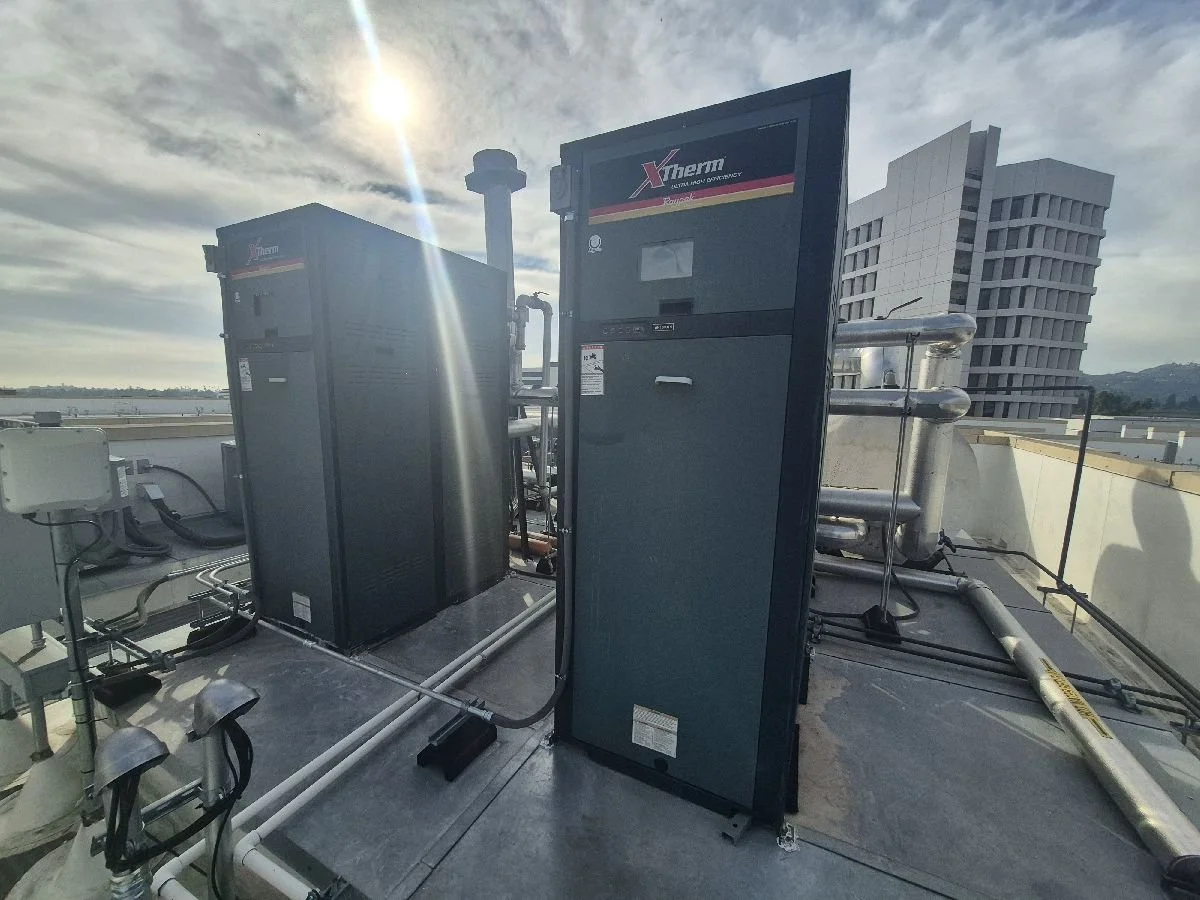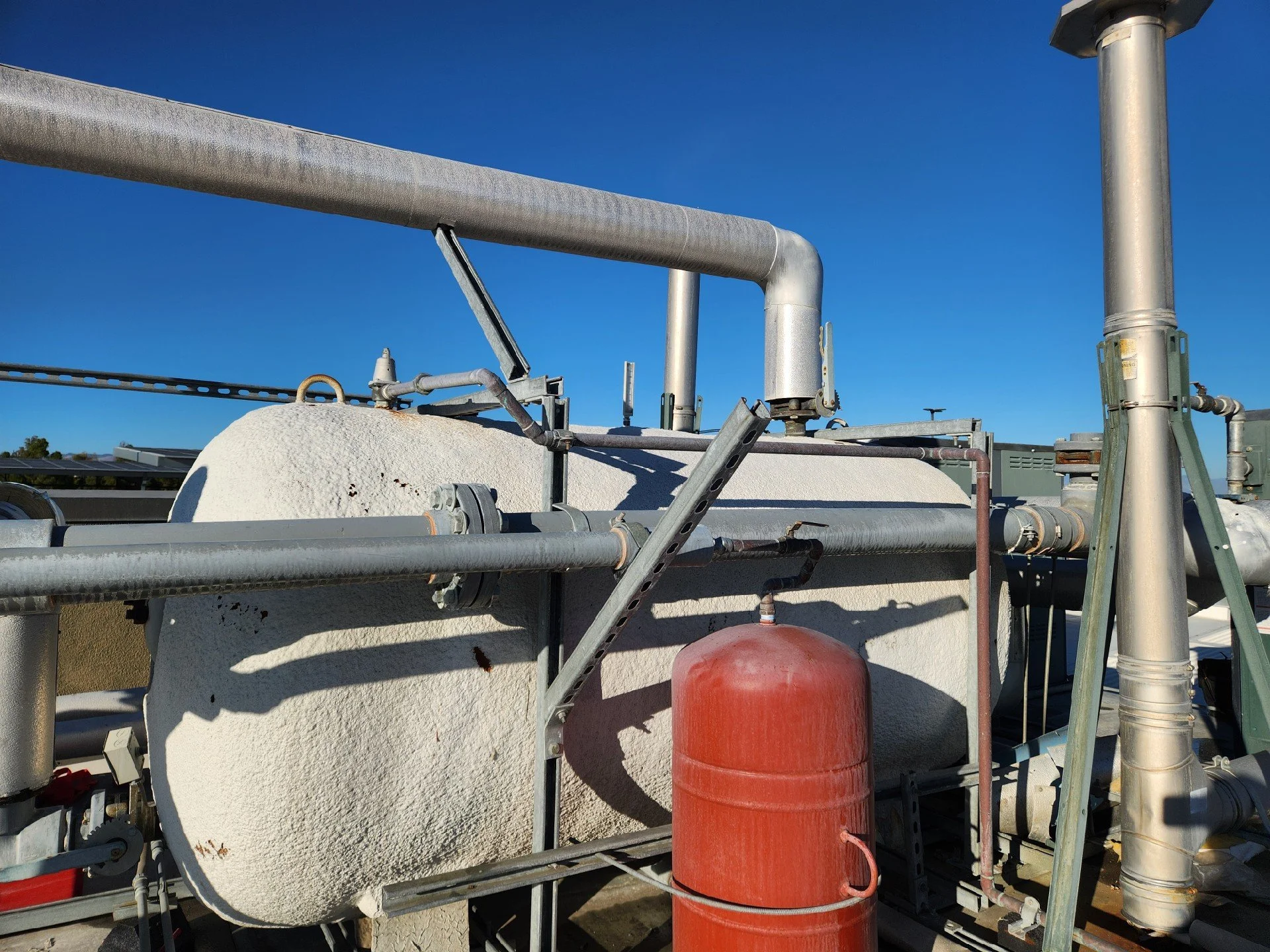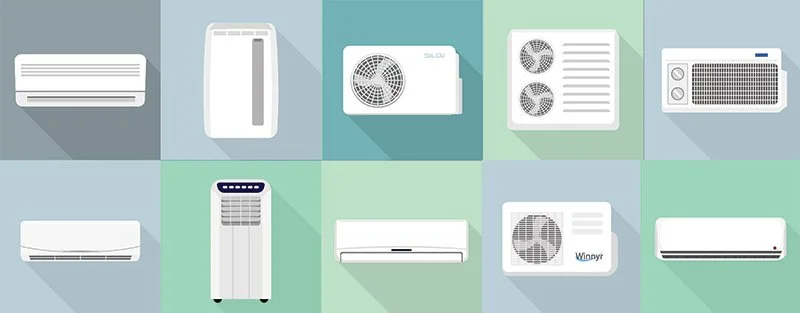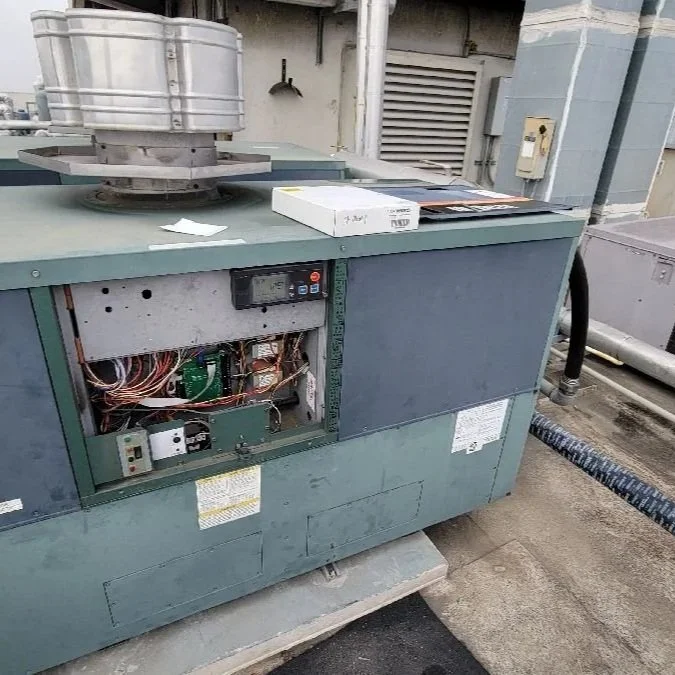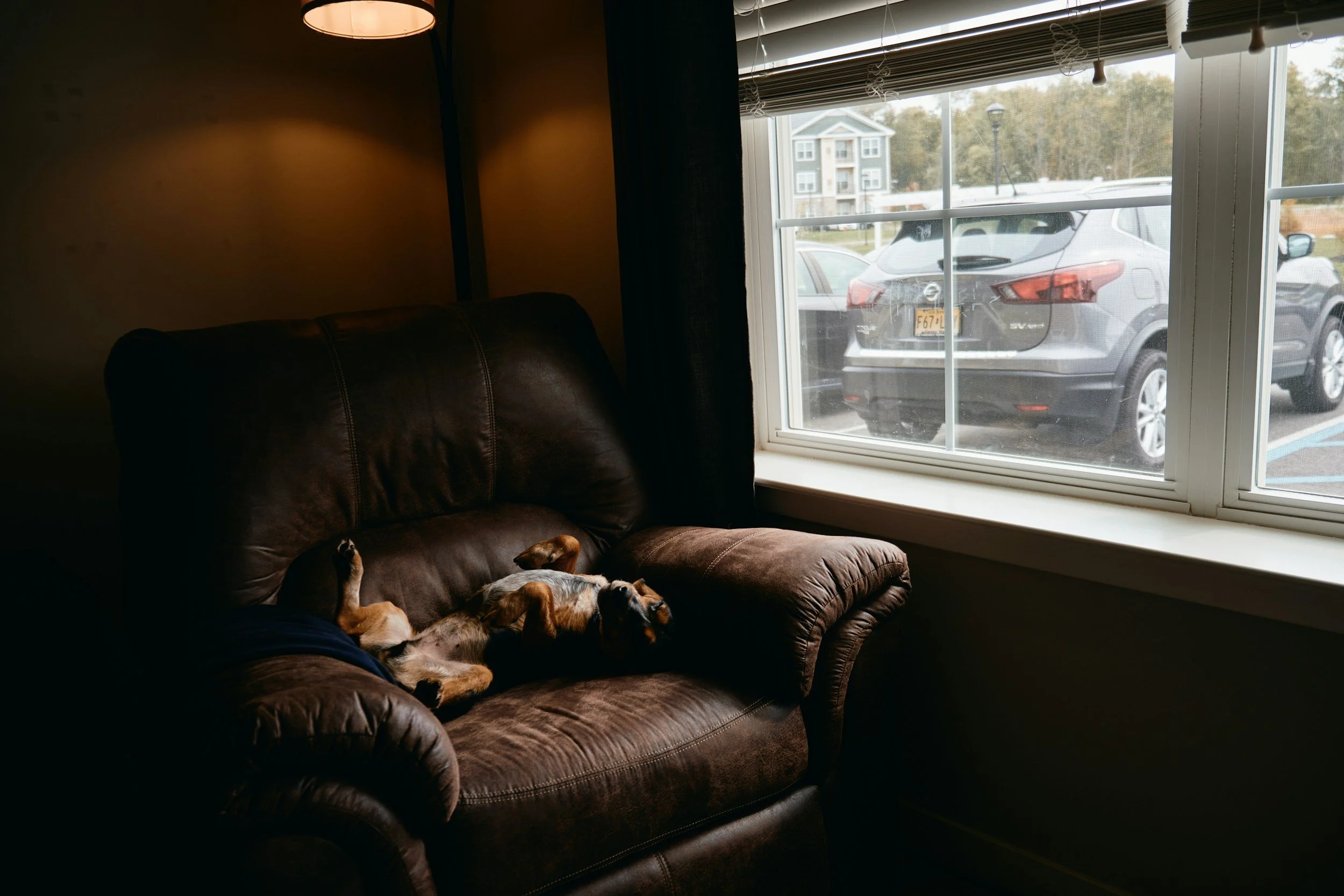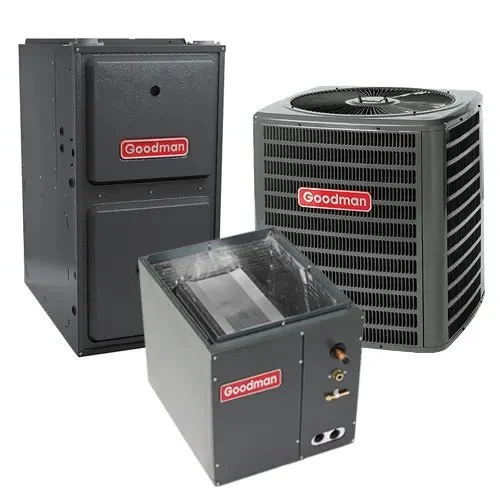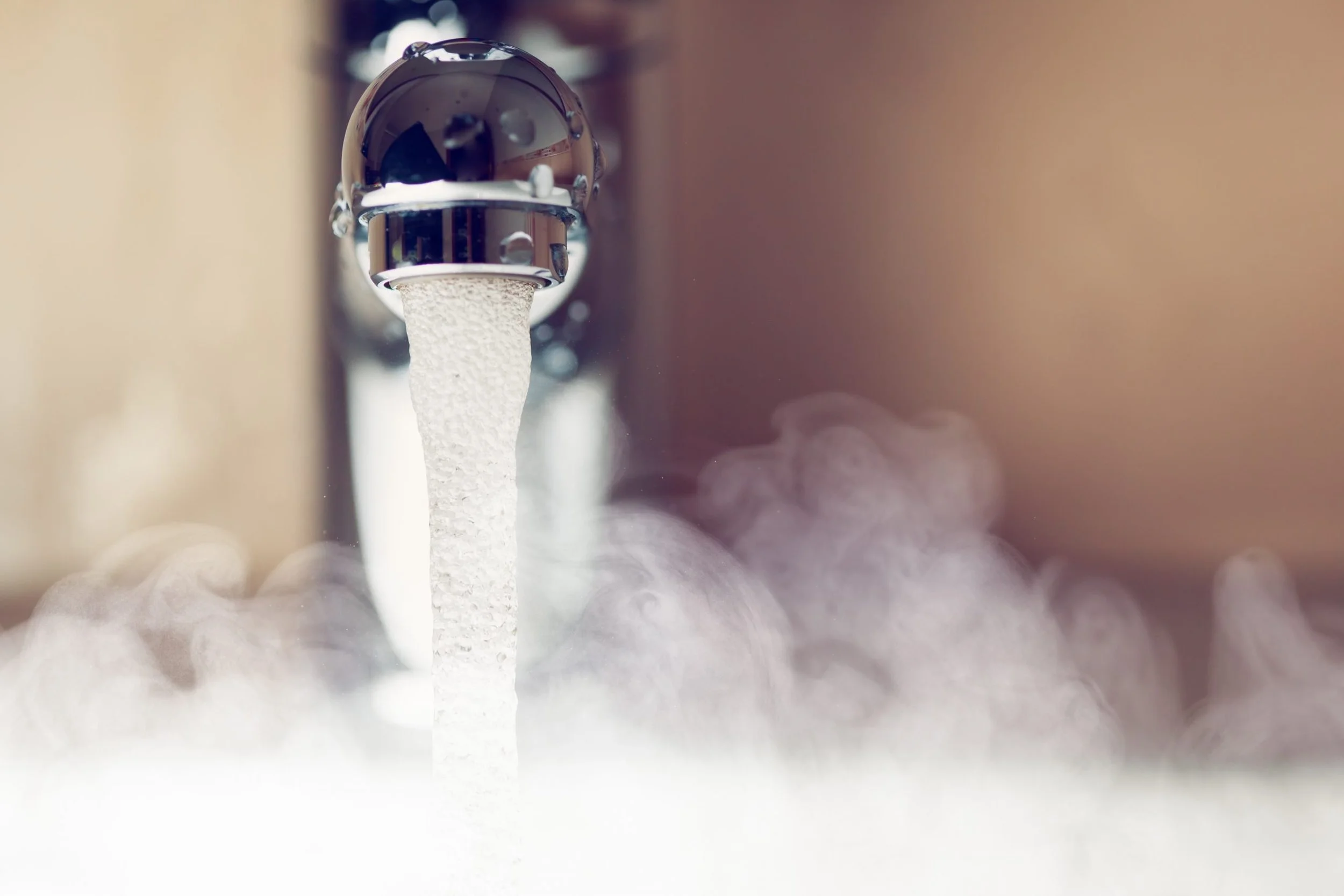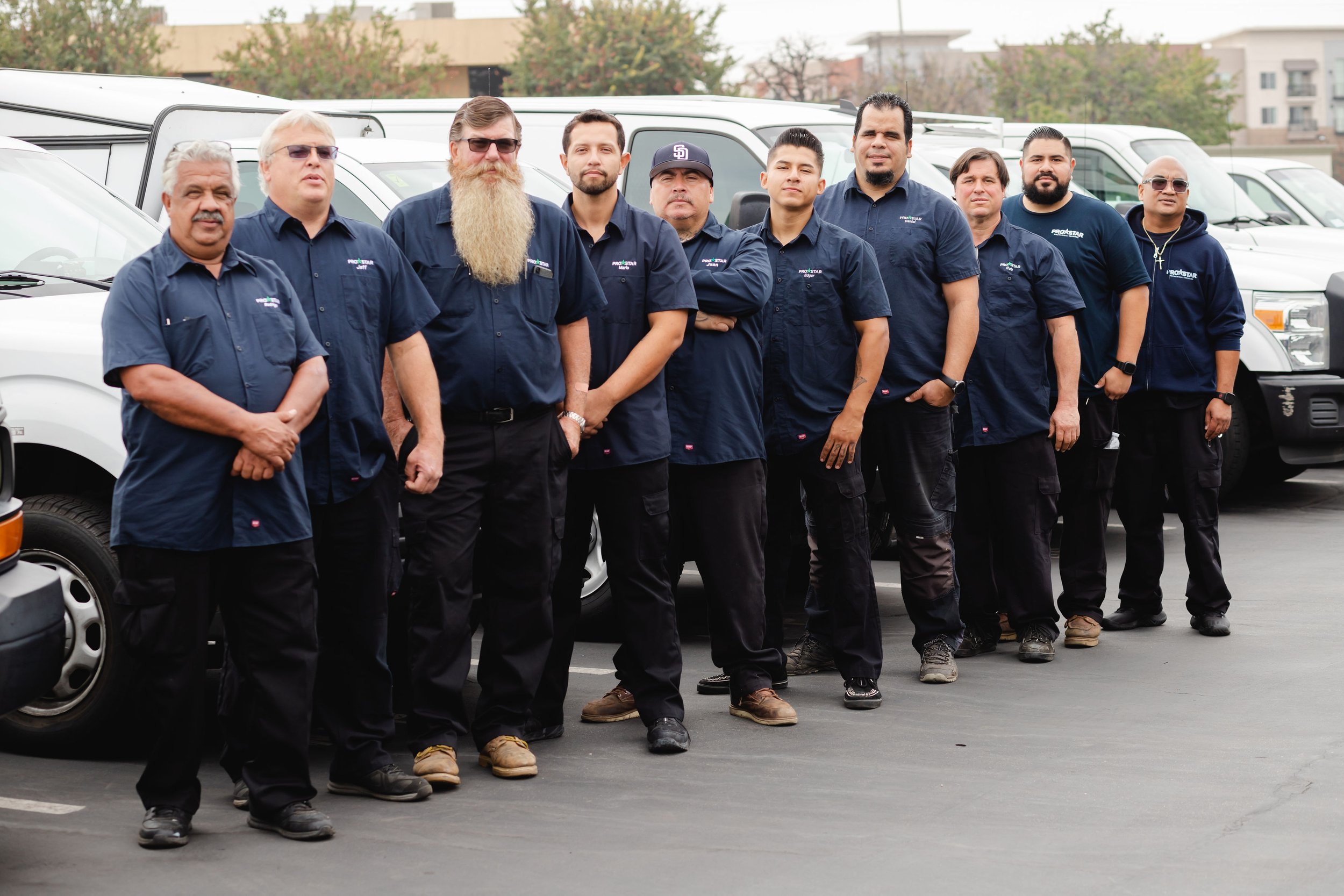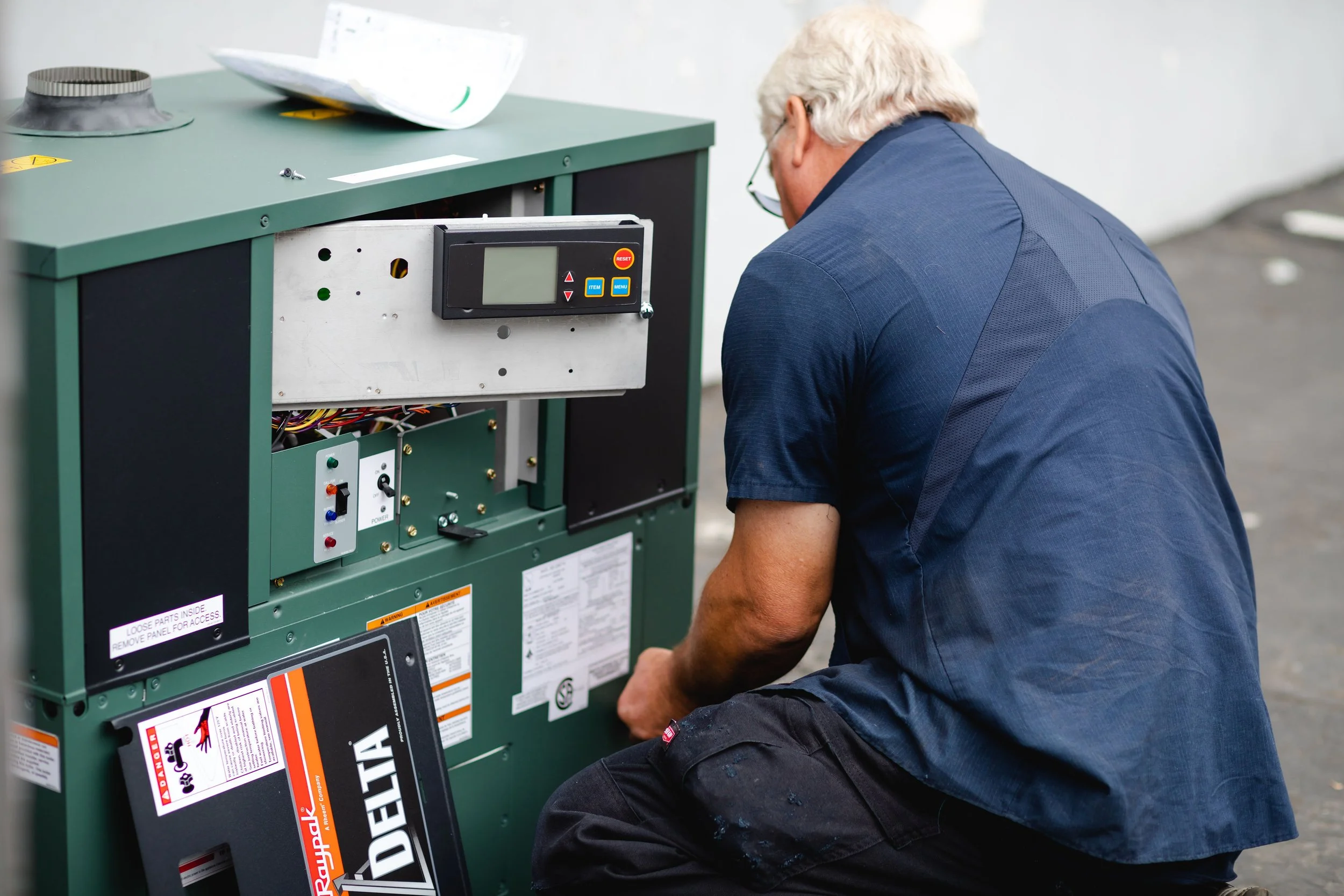Boiler Wars - Which boiler is best for you hinges on the application as well as the water quality in your district.
Read MoreAfter spending thousands on new equipment, one of the most critical next step is to get that equipment under service. Whether it is a brand new installation or a retrofit replacement, its important to tag the equipment and create a service record in case of future parts failure or installation warranty issues.
Read MoreBetween now and the end of the year, your regional utilities will help you upgrade and replace your aging water heating equipment.
Read MoreGet ahead of your peak demand season with a few simple tips.
Read MoreSpikes in utility bills? Learn to better maintain your common area HVAC units and save on repair and replacement costs.
Read MoreIf you are considering replacing your single speed pump with a Variable Speed Pump (VSP), you may be wondering if it’s a good idea. There is a ton of information on the web that can be overwhelming and confusing. Here we are going to take a simple look of the pros and cons of variable speed pumps.
Read MoreGiven the high cost of a boiler, knowing that your investment is covered by a guarantee is undoubtedly reassuring. However, if you make one frequent error, you could be astonished to learn that your warranty isn’t valid when you need it.
Read MoreWith the soaring cost of fuel, it’s time to take a closer look at the pros and cons of replacing natural gas based heating with electrification.
Read More
